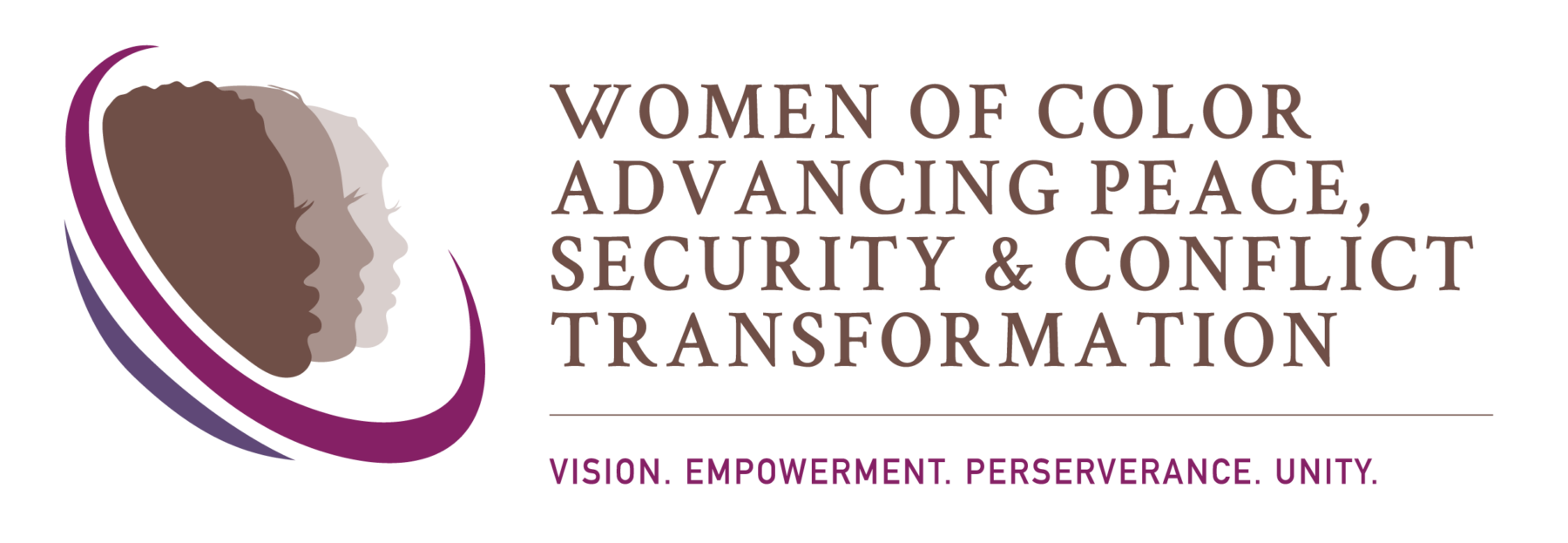Mass Violence and Atrocities | Report
Systemic Racism in Mass Violence and Atrocity Prevention
DownloadThis paper examines global systemic racism’s influence on mass atrocities. The authors, Pratima T. Narayan, Ronnate Asirwatham, and Abiola Afolayan, explore policy changes that can help bring about shared and sustainable peace, leading to greater recognition and dignity for survivors and communities harmed by racial injustice worldwide. Each of the three sections of the paper is geared to challenge thinking on systemic racism in mass atrocity prevention.
The authors analyze racism during the time of the founding of the United Nations, as well as in its present-day application in different international mechanisms such as the International Court of Justice (ICJ) and the International Criminal Court (ICC) and domestic mechanisms such as the United States Atrocities Prevention Board and subsequent Atrocity Prevention Task Force. The countries discussed include South Africa, Sri Lanka, Burma, the United States, and Nigeria. The issues discussed include the interplay on the international and domestic levels where there was, at times, mutual reinforcement of the dynamics of racism and mass atrocities. Read the full report which consists of the following three sections:
How the Quest for Racial Equality Led to a Modern Human Rights Movement
Pratima Narayan
The institutions, policies, and initiatives introduced to eradicate racism have fallen short in consistently providing victims and communities of racially- motivated violations adequate redress, and have arguably perpetuated racial subordination. This section explores that systemic failure.
Institutional Racism in the Conceptualization and Implementation of the Principle of Sovereignty
Ronnate D. Asirwatham
This section explores the conceptualization of state sovereignty, its use to further structural racial injustice and resulting mass atrocities, and the use and application of sovereignty by the UN Security Council, including through the Responsibility to Protect.
Ending Business as Usual: Mass Atrocities of People of African Descent
Abiola Afolayan
The paper’s final section examines the intentional exclusion of people of African descent from the originating conversations that formed such central mechanisms as the United Nations, US Constitution, and US Atrocities Prevention Board, as well as the consequences thereof.
This paper is part of the 61st Strategy for Peace Conference: Disrupting the History of Racism in Peace and Security, co-organized by the Stanley Center for Peace and Security and Women of Color Advancing Peace, Security, and Conflict Transformation (WCAPS), taking place in early 2022. This series of reports coauthored by WCAPS members considers the history of global systemic racism in the fields of climate change, nuclear weapons, and mass violence and atrocity prevention.
Partners

Related Publications
Climate Change
Climate Change and Systemic Environmental RacismNuclear Weapons
Racial Inequalities and Nuclear PolicyMass Violence and Atrocities
Assessing Our Strategic Priorities for Mass Violence and Atrocity PreventionRelated Events
October 16-18, 2019
60th Strategy for Peace ConferenceOctober 17-19, 2018
59th Strategy for Peace ConferenceOctober 18-20, 2017
58th Strategy for Peace Conference